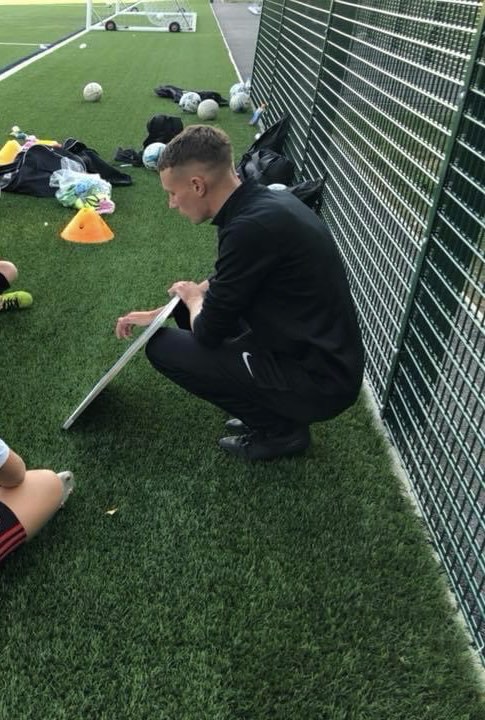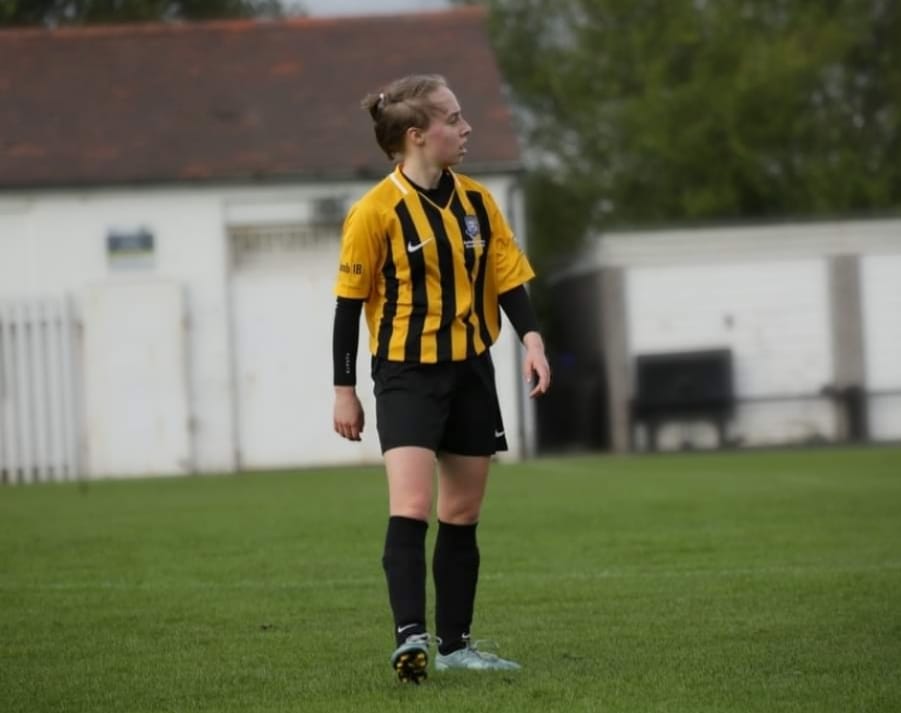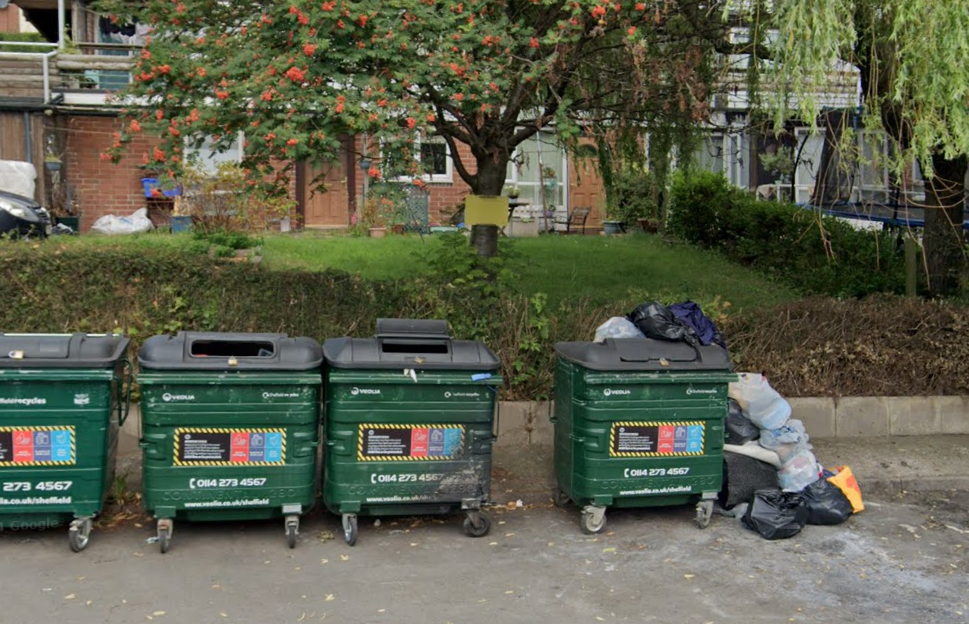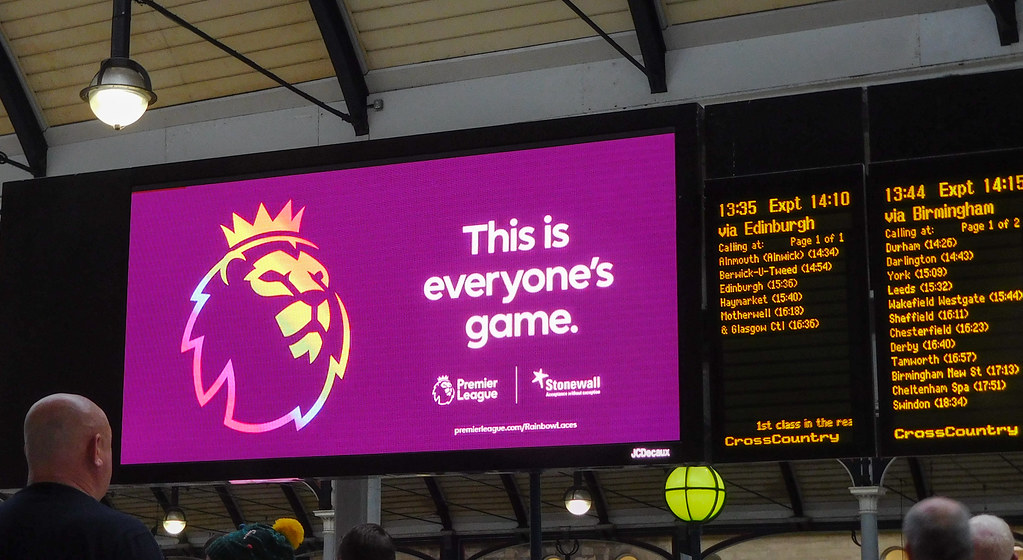Although the national side has experienced unprecedented success and more girls are playing football than ever before, some still say girls football is treated as an ‘afterthought’.
The number of under 18s sides in South Yorkshire has tripled in recent years and grassroots coaches say the boom in popularity comes on the back of the national side’s success.
Liam Christopher, 29, acting chairman of Steel City Wanderers and primary school teacher said: “I think in recent years, the success of the Lionesses has been a real positive for the women’s game. You’re seeing more and more girls wanting to be footballers.
“It’s massively growing in popularity. We now don’t struggle in terms of bringing a new team through, we always know we’re going to get enough for a squad.”
This growth has been seen at all age groups and nationally a study from Sport England found over 100,000 more girls were playing football in 2021 compared with 2017.
Mr Christopher said: “If you were to look at the Sheffield and Hallamshire Girls’ and Women’s League on its own, each year, there’s an abundance of teams that pop up and looking at the under 18s league for the girls a couple of seasons ago, there was one league with seven teams in it.

“This season we’ve had three leagues with eight to 10 teams in each league. So that’s nearly 30 teams playing under 18s, which is for girls at 16, 17 and 18, where the drop-off usually happens.”
The secretary of Sheffield and Hallamshire Girls’ and Women’s League, Julie Higgins, 58, said the league has 14 new clubs competing in it this season.
Mrs Higgins said: “The Euros have really helped and the World Cup is coming up and that’ll really help as well. The league’s growing really rapidly.
“We’re wanting to increase their opportunities to play so they’ve got the exact same opportunity as the boys.”
However whether girls have the same opportunities as boys at grassroots level is up for debate.
Many girls still face challenges with participating in the sport.
Lucy Burdett, 20, studies maths at the University of Sheffield, and has played grassroots football her whole life.
She said: “Girls’ football is pitiful in comparison with the boys. It’s like an afterthought. Even now, we always get the worst pitches, left without referees at times and there just aren’t enough local leagues.
“Once I turned 12, to be able to play 11-a-side, we had to travel more than an hour each way just to play, which is unfortunate because the local boys league plays 11-a-side from the age of 10.
“If you have parents that aren’t able or can’t afford to travel that far, it’s not fair on them.”
This is a sentiment echoed by Dr Sheryl Clark, 45, girls’ sport researcher at Goldsmiths University of London.
Dr Clark said: “I found that it wasn’t all girls who were dropping out of sport. It was easier for middle-class girls who had the resources and the money, and had parents to drive them around. So that access was a key factor in who dropped out and who didn’t.”
The researcher also spoke about why girls may not feel as comfortable on the pitch as boys.
“There’s a gender imbalance in football, partially because it’s always been seen as a masculine sport. Girls don’t have the confidence to take up space and take chances in the same way that boys are actively encouraged to.
“Girls may feel like they don’t fully belong on the pitch, and in my research, I found that in some cases they were reluctant to go after the ball or take big chances. The boys felt as if they could take risks in the games, whereas the girls would often play it safe.”
Another major challenge facing girls football is poor facilities.
Barnsley Ladies Chairman, Brett Hawke, 42, said: “Facilities at the moment are shocking, when I used to play junior football we used to be able to play in school for free.
“I asked a school last year how much it charges a year to play on the pitch and it was £9,000.
“Boys teams have a monopoly over the facilities, we ask if we can play on the pitches on Saturdays because the boys play on Sunday, and we get told we can’t as they’re boys pitches.”
Mr Hawke also spoke about the negative role social media can play in putting girls off playing football.
He added: “I run our women’s account, and whenever I post something, there’s always somebody who makes a sexist comment
“It’s the same when England played at the Euros, I’d go on social media after and people were laughing and joking saying it’s rubbish and it’s not even football.”

However attitudes amongst the younger generations are starting to change.
Mr Christopher said: “I think a big reason girls don’t want to play football is because there’s a stigma attached to it that girls shouldn’t play football from the boys point of view.
“On the other hand, you are seeing a lot of boys now saying, look what the England Lionesses are doing, so the boys are taking note of the women’s team and that’s a massive positive from my point of view.
He added: “In terms of the challenges girls face, I think they’re starting to become minimal, because you see more female star athletes that are influencing younger girls.
“I think those challenges are starting to fade away.”




